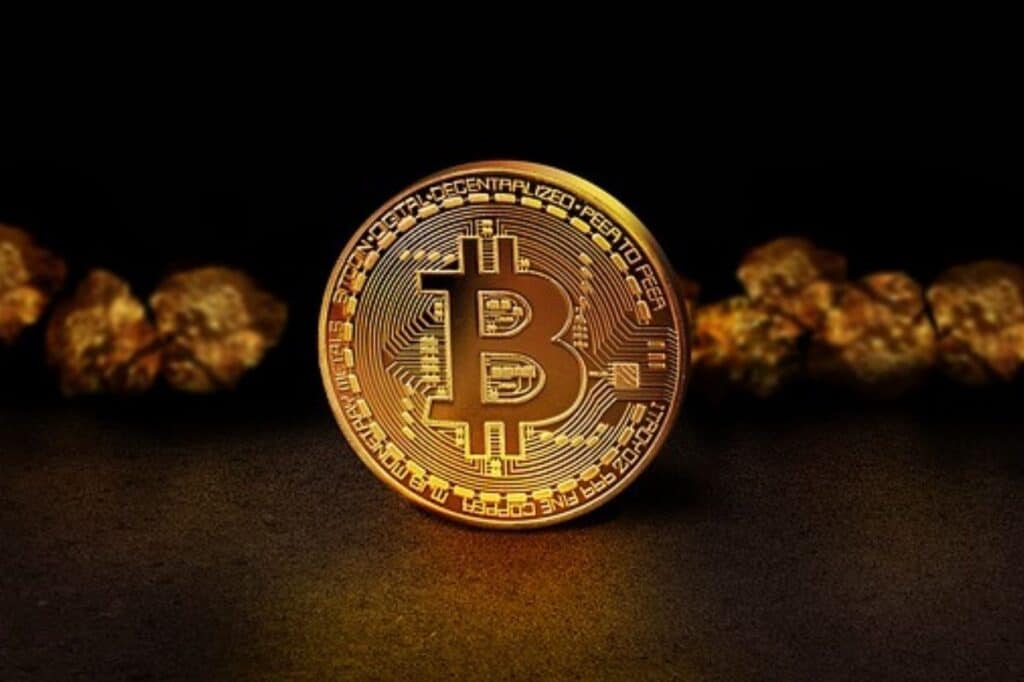Bitcoin is the flagship cryptocurrency, the first one to be created and the model after which all others are planned.
Introduced nearly a decade ago by a shadowy developer named Satoshi Nakamoto, whose real identity is the source of much speculation, Bitcoin has developed into a global phenomenon, attracting attention from press and finance speculators for its spectacular gains and losses in value.
But people interested in investing in Bitcoin might be confused by the fact that there are now two high-profile crypto tokens with Bitcoin in the name.
Let’s talk about the difference between Bitcoin and Bitcoin Cash.
Why Bitcoin Cash Was Necessary
One reason Bitcoin has spawned so many imitators is that it’s not perfect, and launching a new coin that corrects one or multiple of the issues with the currency is a great way to attract users frustrated with Bitcoin’s limitation.
The problem that led to the fork that created Bitcoin Cash was the small size of the blocks.
Each block is a file that permanently records transaction data, and the blocks are all linked in a linear chronological sequence—hence the “chain.”
But at only 1 megabyte per block, Bitcoin’s files are too small for the number of users it now has.
The massive network can only process seven transactions a second, which is a fraction of what credit card companies accomplish in the same time.
The increasing number of people using Bitcoin has led to wait times that can stretch into days. Some processors will speed up the process, but they charge a fee to do so.
That clashes with one of Bitcoin’s major selling points—freedom from fees and institutions that charge them. And it limits the scalability of the currency.
The Solution
After hot debate in the Bitcoin community about how to solve the small block problem, a few solutions were proposed.
Roughly 90% of Bitcoin miners voted to use a segregated witness technology, which would make the amount of data that each block needed to contain smaller, somewhat ameliorating the issue, but others felt that this didn’t go far enough.
These miners initiated a hard fork, with the development of Bitcoin Cash, which has 8mb blocks and an adjustable level of cryptographic difficulty to keep transaction speeds fast.
Bitcoin cash could process transactions in two minutes and thirty seconds, much quicker than Bitcoin, once its difficulty has adjusted.
But Cash skeptics say this adjustable difficulty will inevitably lead to security issues.
The difference between Bitcoin and Bitcoin Cash comes down to this:
Bitcoin Cash is faster, but potentially less secure, while Bitcoin is highly secure, but is saddled with slow transaction speeds.
What the Future Holds
Supporters claim Bitcoin the future of all money, hyping up its unconventional decentralized distributive system and advanced cryptography, while skeptics are often quick to point to the problems with scalability caused by limited block size.
Bitcoin Cash addresses that problem by increasing the size of blocks. Whether that will solve the problem for good, or Bitcoin Cash will be sunk by security issues, remains to be seen.
